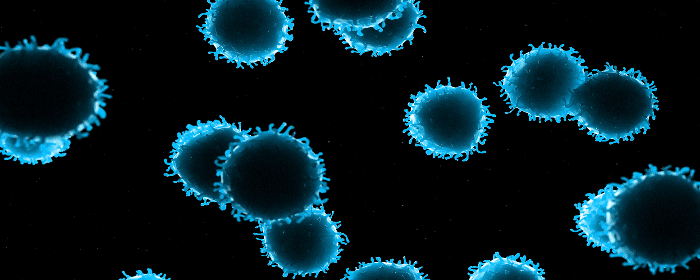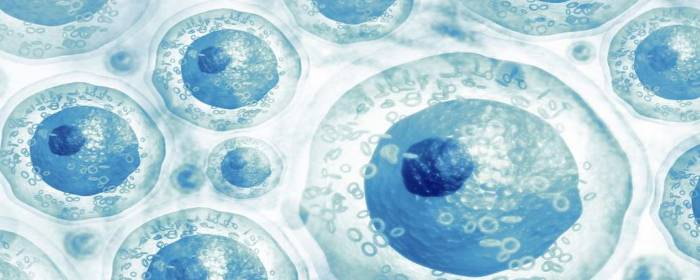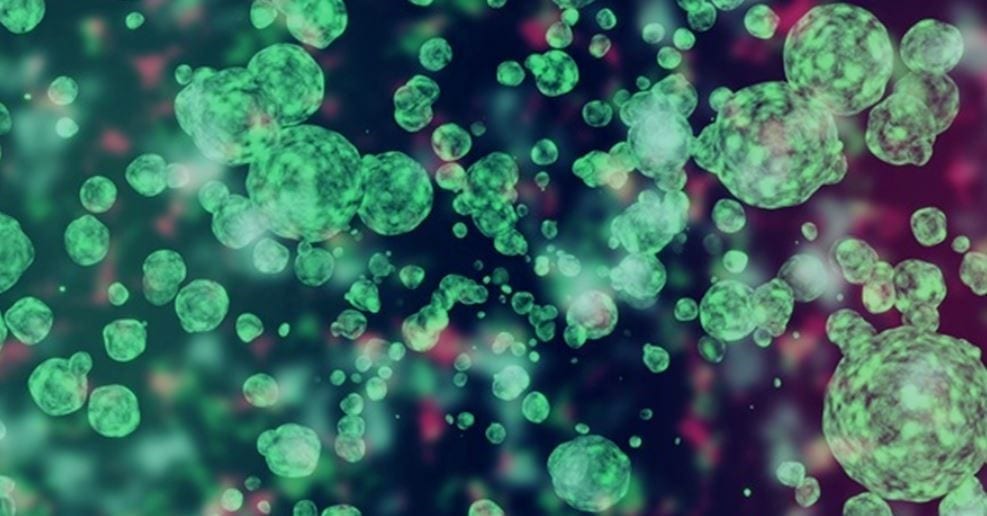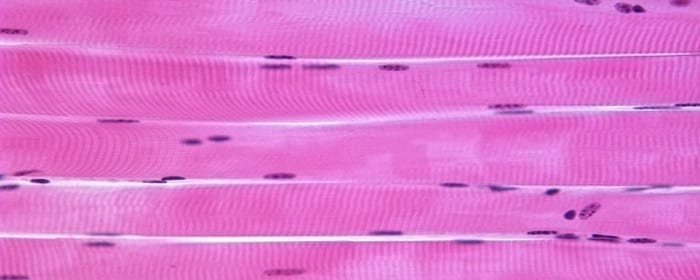
by admin | Feb 1, 2019 | Adipose, Exosomes, Mesenchymal Stem Cells, Stem Cell Research, Stem Cell Therapy, Studies, Umbilical Stem Cell
Most organs of the body recover from injury by generating new, healthy cells. Not every organ of the body has the same ability to form new cells, however. The skin is an example of an organ that has an amazing ability to regenerate. Liver and lung also have the ability to form new cells, but not as dramatically as skin. Kidney and heart have even less ability to repair and regenerate. On the opposite end of the spectrum from the skin is the brain, which has very little capacity to regenerate once it has been damaged or destroyed. All of these organ systems, especially those that are relatively unable to repair themselves, could theoretically benefit from stem cells.
Mesenchymal stem cells, also known as stromal cells, are multipotent stem cells derived from bone marrow, umbilical cord, placenta, or adipose (fat) tissue. These cells can become the cells that make up bone, cartilage, fat, heart, blood vessels, and even brain. Mesenchymal stem cells have shown a remarkable ability to help the body to produce new cells. Researchers are now realizing that the substances stem cells release may be more important than any new cells they may become. In other words, stem cells can directly become new healthy cells to a certain degree, but they can also release substances that dramatically increase the number of new, healthy cells.
Mesenchymal stromal stem cells release small packets called exosomes. These exosomes are filled with various substances that promote cell and tissue growth. Some of the most interesting and potentially useful substances are cytokines and micro RNA. Cytokines are the traffic cops of cellular repair, signaling certain events to take place while stopping others. Having the right cytokines in a particular area is critical for new tissue growth. The micro RNA released by stem cell exosomes is potentially even more exciting than cytokines. These tiny bits of RNA can directly affect how healthy and diseased cells behave. Micro RNA has a powerful ability to control the biological machinery inside of cells.
Exosomes exhibit a wide array of biological effects that promote the repair and growth of damaged and diseased organs. They promote the growth of skin cells and help wounds heal. Exosomes can reduce lung swelling and inflammation and even help the lung tissue heal itself (i.e. reduced pulmonary hypertension, decrease ventricular hypertrophy, and improve lung vascular remodeling). These small packets released by stem cells help prevent liver cells from dying (i.e. prevents apoptosis), promote liver cell regeneration, and slow down liver cirrhosis (i.e. fibrosis). Exosomes can also help protect the kidneys during acute injury and reduce the damage that occurs during a heart attack.
Several clinical trials are underway designed to allow these exciting developments to be used to treat patients. As the researchers state, “Extensive research and clinical trials are currently underway for the use of MSCs as regenerative agents in many diseases including spinal cord injury, multiple sclerosis, Alzheimer’s disease, liver cirrhosis and hepatitis, osteoarthritis, myocardial infarction, kidney disease, inflammatory bowel disease, diabetes mellitus, knee cartilage injuries, organ transplantation, and graft-versus-host disease.” We can reasonably expect that exosomes will be used to treat at least some of these conditions in the very near future.
Reference: Rani al. (2015). Mesenchymal Stem Cell-derived Extracellular Vesicles: Toward Cell-free Therapeutic Applications. Molecular Therapy. 2015 May; 23(5): 812–823.

by admin | Jan 27, 2019 | Exosomes, Heart Failure, Kidney Disease, Stem Cell Research, Stem Cell Therapy, Stroke, Umbilical Stem Cell
Tissue injury is common to many human diseases. Cirrhosis results in damaged, fibrotic liver tissue. Idiopathic pulmonary fibrosis and related lung diseases cause damage to lung tissue. A heart attack damages heart tissue, just as a stroke damages brain tissue. In some cases, such as minor tissue injury, the damaged tissue can repair itself. Over time, however, tissue damage becomes too great and the organ itself can fail. For example, long-standing cirrhosis can cause liver failure.
One area of active research is to find ways to protect tissue from injury or, if an injury occurs, to help the tissue repair itself before the damage becomes permanent and irreversible. Indeed, tissue repair is one of the main focuses of regenerative medicine. Likewise, one of the most promising approaches in the field of regenerative medicine is stem cell therapy. Researchers are learning that when it comes to protecting against tissue injury and promoting tissue repair, exosomes harvested from stem cells are perhaps the most attractive potential therapeutic.
Why are stem cell exosomes so promising? Exosomes are small packets of molecules that stem cells release to help the cells around them grow and flourish. While one could inject stem cells as a treatment for diseases (and they certainly do work for that purpose) it may be more effective in some cases to inject exosomes directly. So instead of relying on the stem cells to produce exosomes once they are injected into the body, stem cells can create substantial amounts of exosomes in the laboratory. Exosomes with desired properties could be concentrated and safely injected in large quantities, resulting in a potentially more potent treatment for the disease.
Indeed, researchers have shown that extracellular vesicles (exosomes and their cousins, microvesicles) can be collected from stem cells and used to treat a variety of tissue injuries in laboratory animals.
Just a few examples of this research:
- Exosomes from umbilical cord-derived mesenchymal stem cells were able to accelerate skin damage repair in rats who had suffered skin burns.
- Exosomes from the same type of stem cell protected the lungs and reduced lung blood pressure in mice with pulmonary hypertension.
- Exosomes from endothelial progenitor cells protected the kidney from damage caused by a lack of blood flow to the organ.
In this growing field of Regenerative Medicine, research is constant and building as new science evolves from stem cell studies. Researchers are closing in on the specific exosomes that may be helpful in treating human diseases caused by tissue injury.
Reference: Zhang et al. (2016). Focus on Extracellular Vesicles: Therapeutic Potential of Stem Cell-Derived Extracellular Vesicles. International Journal of Molecular Sciences. 2016 Feb; 17(2): 174.

by admin | Jan 25, 2019 | Exosomes, Stem Cell Research
Heart disease is the leading cause of death in the United States, killing over half a million people every year. Heart disease encompasses several conditions and diseases, but the most common causes of deadly heart disease are a heart attack, heart rhythm problems, and heart valve problems. In each of these cases, damaged heart tissue becomes dysfunctional and the heart cannot pump blood efficiently or effectively. To combat this deadly set of diseases, researchers are searching for ways to heal and regenerate heart tissue. Stem cells and stem cell exosomes have shown promise.
While stem cells have been used in a variety of conditions, researchers long doubted the benefit of stem cells in heart disease. The heart, it was believed, was not a “hormonal” organ and thought to be relatively unresponsive to things like cytokines and other messengers. Fortunately, new research has completely changed this viewpoint. According to Drs. Sean Davidson, Kaloyan Takov, and Derek Yellon of the Hatter Cardiovascular Institute in the United Kingdom, “Most, if not all, cells of the cardiovascular system secrete small, lipid bilayer vesicles called exosomes.” The scientists go on to say that exosomes from stem cells “have been shown to be powerfully cardioprotective” and that exosomes produced by stem cells are capable of “activating cardioprotective pathways.”
In simpler terms, the heart and blood vessels are sensitive to the beneficial effects of exosomes. Thus, if exosomes are collected from stem cells, purified and concentrated, and then reinjected into the body, they can repair heart tissue. For example, exosomes collected from mesenchymal stem cells were able to reduce the amount of damage caused by a heart attack in mouse, and improve heart recovery after the event. This could have profound implications for humans who suffer a heart attack since damaged heart tissue can lead to heart failure, heart valve problems, and heart rhythm problems.
The study of stem cells and stem cell exosomes in heart disease is a relatively new science. Clinical trials will need to be performed to determine the role of exosomes in the treatment of heart disease. However, these findings represent an exciting avenue of research in the field of cardiology and regenerative medicine.

by admin | Jan 15, 2019 | Exosomes, Mesenchymal Stem Cells, Stem Cell Research, Studies
Muscle health and strength is an important determinant of a person’s ability to function in daily life. One of the major determinants of healthy aging is how well people retain their muscle mass. The more that skeletal muscle declines, the more likely someone would not be able to care for themselves independently. Injury to muscles whether through trauma, burns, or toxins can greatly interfere with a person’s ability to perform activities of daily living. While muscle cells have a limited ability to regenerate themselves, quite often, patients never regain their former strength and level of function after serious injury.
Stem cells would seem to be ideally suited to help in this regard. Since stem cells have the potential to become muscle cells, one could imagine infusing stem cells into an area of muscle damage or injury to restore overall muscle function. While this makes sense intuitively, it may not be the case. Stem cells, for example, form new muscle cells, but they do not form cells that participate in muscle function. And yet, stem cells are able to help muscles regrow into functional skeletal muscles.
How could stem cells promote skeletal muscle regeneration without becoming functional skeletal muscle cells? The answer, as it turns out, is that stem cells produce molecules that strongly promote muscle regeneration and muscle function.
Stem cells release these molecules in tiny packets called exosomes. Exosomes are tiny spheres that “bubble out” of stem cells, in a manner of speaking. Exosomes have a cell membrane, like cells themselves, but are much smaller, and they do not have the ability to reproduce. Instead, exosomes are highly packed with proteins, DNA, messenger RNA, micro RNA, cytokines, and other factors.
Nakamura and co-researchers showed exosomes can help regenerate muscle. These researchers showed that by injecting exosomes harvested from stem cells (without any of the stem cells themselves), they could increase muscle growth and blood vessel growth. In short, these molecules accelerate the rate at which muscles regenerate.
While more research is needed, this work suggests that exosomes retrieved from mesenchymal stem cells could be used to help regrow functional muscle in patients with various forms of muscle injury.
Reference: Nakamura et al. (2015). Mesenchymal-stem-cell-derived exosomes accelerate skeletal muscle regeneration. FEBS Letters. 2015 May 8;589(11):1257-65.





 St. Petersburg, Florida
St. Petersburg, Florida
